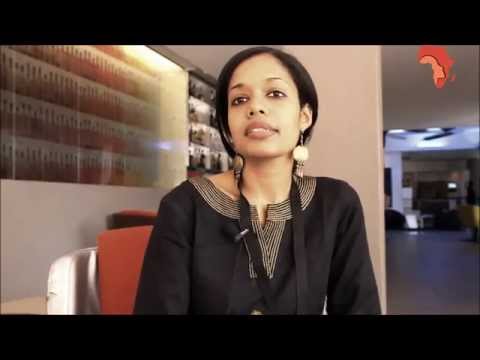Nadia Ahidjo is a political analyst with a background in research, strategy, and stakeholder relationship management in Francophone Africa (West and Central), at Trust Africa.
She has worked with key Pan African institutions including the Pan African Parliament and the African Union. Prior to joining Trust Africa, Nadia worked with the Institute for Security Studies coordinating early warning and research on Central Africa. She also worked with Africapractice, providing communications and strategic advisory services to a wide range of clients from the public and private sector. Nadia has lived in Cameroon, Ethiopia, Kenya, South Africa, and Switzerland and is fluent in French and English. She studied at Rhodes University in South Africa and at the Centre for African Studies of the University of Basel in Switzerland. She is passionate about Africa, the rights of the vulnerable (especially women and children) and conflict resolution. This passion is reflected not only in her professional work, but also in her role at the Bokamoso Leadership Forum whose primary aim is to give young Africans a voice in spaces where they are often ignored.
Some quotes from the interview:
– On the role of Civil Society Organisations (CSO)
« When you find there is a gap between decision makers and what happens at the grassroots level, we encourage the conversation to happen so that decision makers actually know what the victims are going through »
– On African institutions
« African institutions are moving forward. Yes, we’re taking a couple of stepbacks but essentially, we’re making progress and civil society organizations have a role in supporting this progress. »
– On sexually gender based violence (SGBV) and women
« Sexually gender based violence is not only against women, men also suffer from it. It is true most of the victims in Africa are women, because of the place of the woman in African cultures and their vulnerability. »
– On addressing sexually gender based violence (SGBV)
« Sexually gender based violence is a structural issue. It is born out of how people view the place of women. Rape as a weapon of war is not new. What we need to do now is to influence the way people think. »

